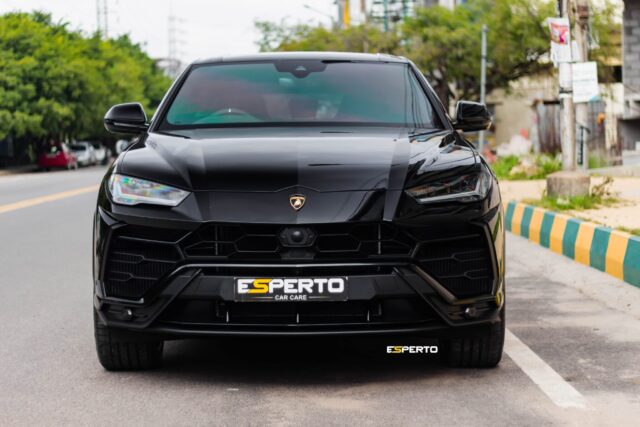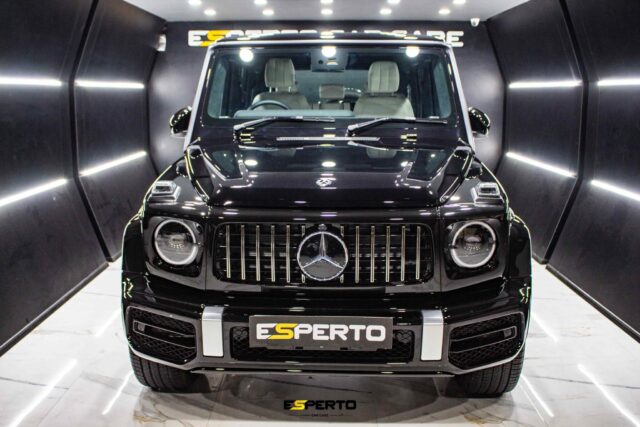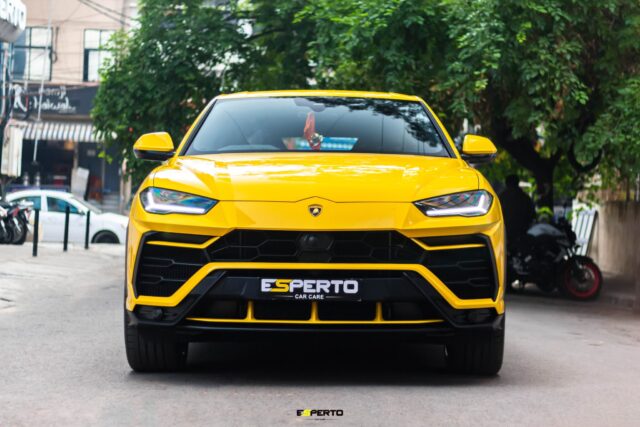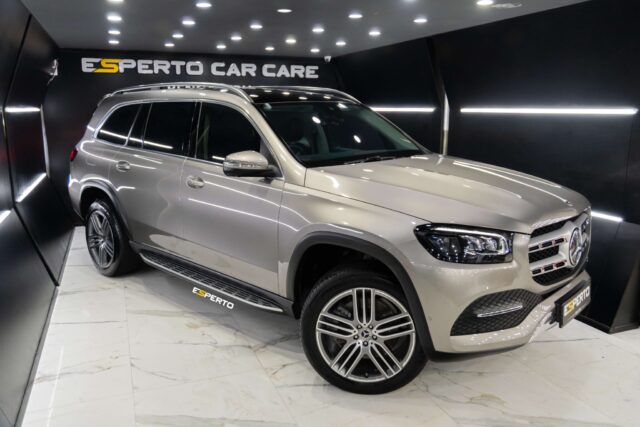When considering the longevity of carbon fiber car wraps, several factors come into play, including environmental conditions, quality of materials, and overall maintenance. Typically, these car wraps last between 3 to 7 years. Regular cleaning and UV protection can extend their lifespan, ensuring the vehicle remains visually appealing and well-protected. However, the true secret to maximizing durability lies in understanding the nuances of car wrap care—an art that warrants careful attention.
Key Takeaways
- With proper care, carbon fiber car wraps can last up to 5 years; the typical lifespan is 3 to 7 years.
- Environmental factors and car wrap quality significantly influence the lifespan of a carbon fiber car wrap.
- Regular maintenance, including cleaning and UV protection, extends the car wrap’s lifespan.
- Installation quality impacts durability; professional application is recommended for longevity.
- Timely repairs and avoiding harsh conditions can help maintain the car wrap’s appearance and effectiveness.
What is a Carbon Fiber car wrap?
Carbon fiber car wraps mimic the sleek, high-tech appearance of genuine carbon fiber, offering a cost-effective alternative for vehicle customization.
These car wraps come in various types, such as glossy, matte, or textured finishes, each providing distinct visual and tactile experiences.
Beyond aesthetics, carbon fiber vinyl car wraps offer benefits like surface protection and ease of removal, making them an attractive option for car enthusiasts and professionals alike.
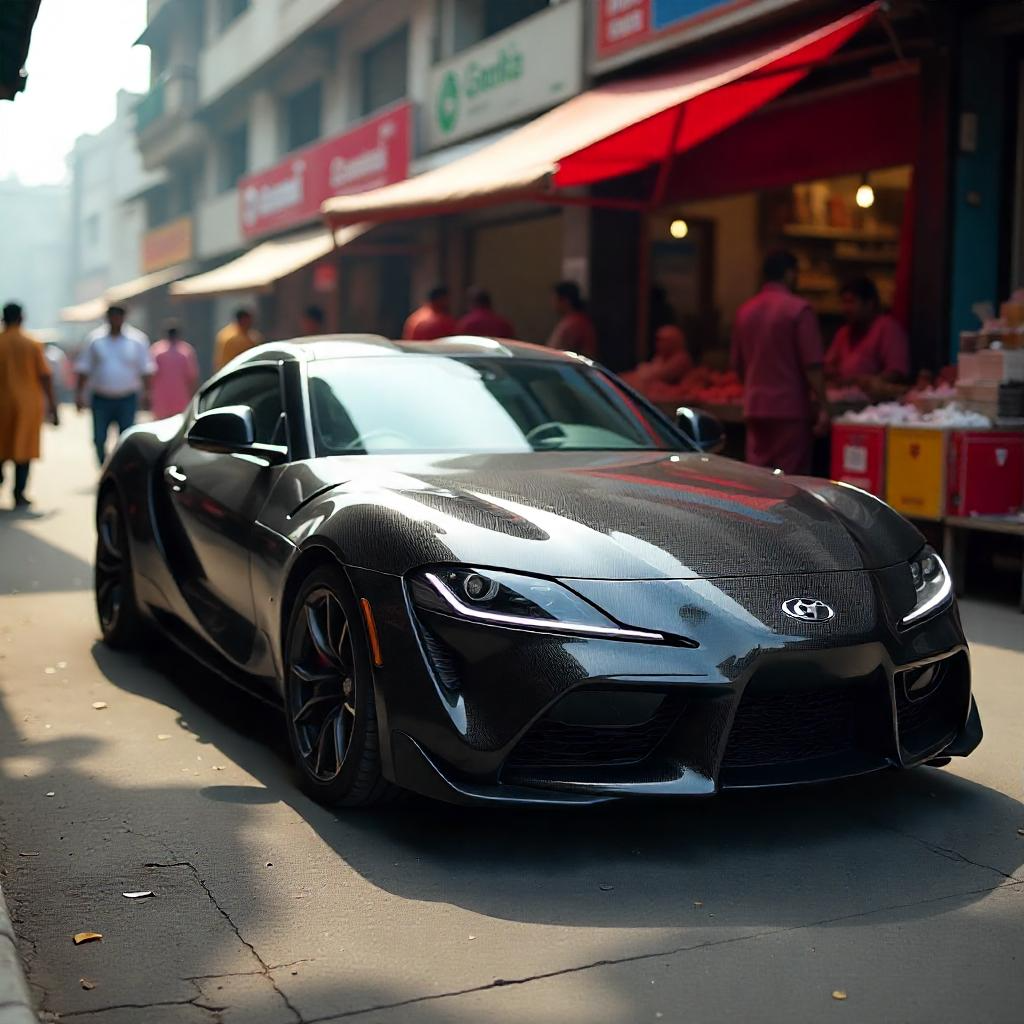
Understanding the Basics of Carbon Fiber
In the domain of automotive customization, the allure of carbon fiber car wraps is undeniable. These vinyl car wraps mimic the appearance of real carbon fiber, offering a sleek texture and protective layer for any car. The car wraps are lightweight and noted for their durability, resisting UV rays and weather elements while maintaining a pristine look. The installation process is precise, ensuring that the carbon fiber pattern aligns perfectly with the car’s curves. This attention to detail contributes to the car wrap’s longevity and aesthetic appeal.
| Feature | Benefit | Description |
|---|---|---|
| Durability | Long-lasting | Resists fading and wear from UV exposure |
| Texture | Realistic look | Mimics the authentic carbon fiber texture |
| Installation | Precision fit | Custom fit to car’s contours |
| Protective Layer | Shielding | Guards against minor scratches and blemishes |
| Carbon Fiber Pattern | Aesthetic appeal | Provides a modern, sleek appearance |
Types of Carbon Fiber car wraps
Automotive enthusiasts often explore diverse options when selecting a carbon fiber car wrap to enhance their vehicle’s aesthetics and functionality.
Among the popular choices, vinyl carbon fiber car wraps offer versatility and durability for vehicle car wrapping. These car wraps come in a variety of finishes, such as matte, gloss, and the increasingly popular forged carbon, each providing a unique texture and appearance to the exterior.
The matte finish gives a subtle, sophisticated look, while the gloss finish adds a sleek, shiny effect. Forged carbon car wraps stand out with their premium, marbled pattern, adding a modern touch.
Each type of car wrap serves specific aesthetic preferences and practical needs, allowing car owners to transform their vehicles with a distinctive, high-quality finish.
Benefits of Using Carbon Fiber Vinyl car wrap
Many automotive enthusiasts appreciate the distinctive advantages offered by carbon fiber vinyl car wraps, a popular choice in vehicle customization.
This high-quality material provides a luxurious, glossy finish that enhances any vehicle’s aesthetic appeal. The carbon fiber texture not only adds a sophisticated look but also offers practical benefits.
Designed to protect the vehicle’s original paint, the car wrap acts as a durable barrier against scratches and minor abrasions, ensuring the car maintains its pristine condition over time.
In the automotive, the carbon fiber vinyl car wrap is celebrated for its resilience and ability to withstand environmental challenges.
Furthermore, it offers an economical alternative to real carbon fiber, delivering a similar visual impact without the associated costs. Consequently, it stands as proof of innovation in vehicle personalization.
How to Install a Carbon Fiber car wrap on Your Car?
Installing a carbon fiber car wrap on a vehicle requires a careful blend of precision and patience, starting with the right set of tools such as a heat gun, squeegee, and cutting blade.
The step-by-step installation process transforms a car’s appearance, but it is essential to be mindful of common pitfalls, like improper surface cleaning and stretching the material too thin.
Tools Required for car wrap Installation
A successful carbon fiber car wrap installation requires a precise set of tools that guarantee both efficiency and quality.
In the world of carbon fiber vinyl car applications, the right tools make all the difference. A squeegee is essential for smoothing the vinyl film and confirming the adhesive bonds firmly, while preventing bubbles. An air release tool expertly handles any trapped air, maintaining the car wrap’s sleek appearance.
A heat gun is used to make the vinyl pliable, allowing for seamless repositioning and contouring to the vehicle’s curves. The protective layer of the car wrap benefits from precision cutting tools, confirming clean edges.
Throughout the application process, these tools collectively confirm that the vinyl adheres flawlessly, delivering a professional finish that enhances the car’s aesthetic appeal.
Step-by-Step Installation Process
Commencing the journey of applying a carbon fiber car wrap to a vehicle involves a series of meticulously executed steps that guarantee a flawless finish.
First, surface preparation is vital; the vehicle must be thoroughly cleaned to ensure the car wrap film adheres properly.
Next, patience is required as the DIY process unfolds, starting with carefully peeling the car wrap film and aligning it with the car’s contours.
To achieve a bubble-free installation, slowly smooth the film using a squeegee, cautiously working out any air bubbles.
The key is to apply even pressure and avoid stretching the material. Each section demands precision, making certain the carbon fibre car wrapping hugs every curve seamlessly. Success lies in taking time to achieve a professional-grade result.
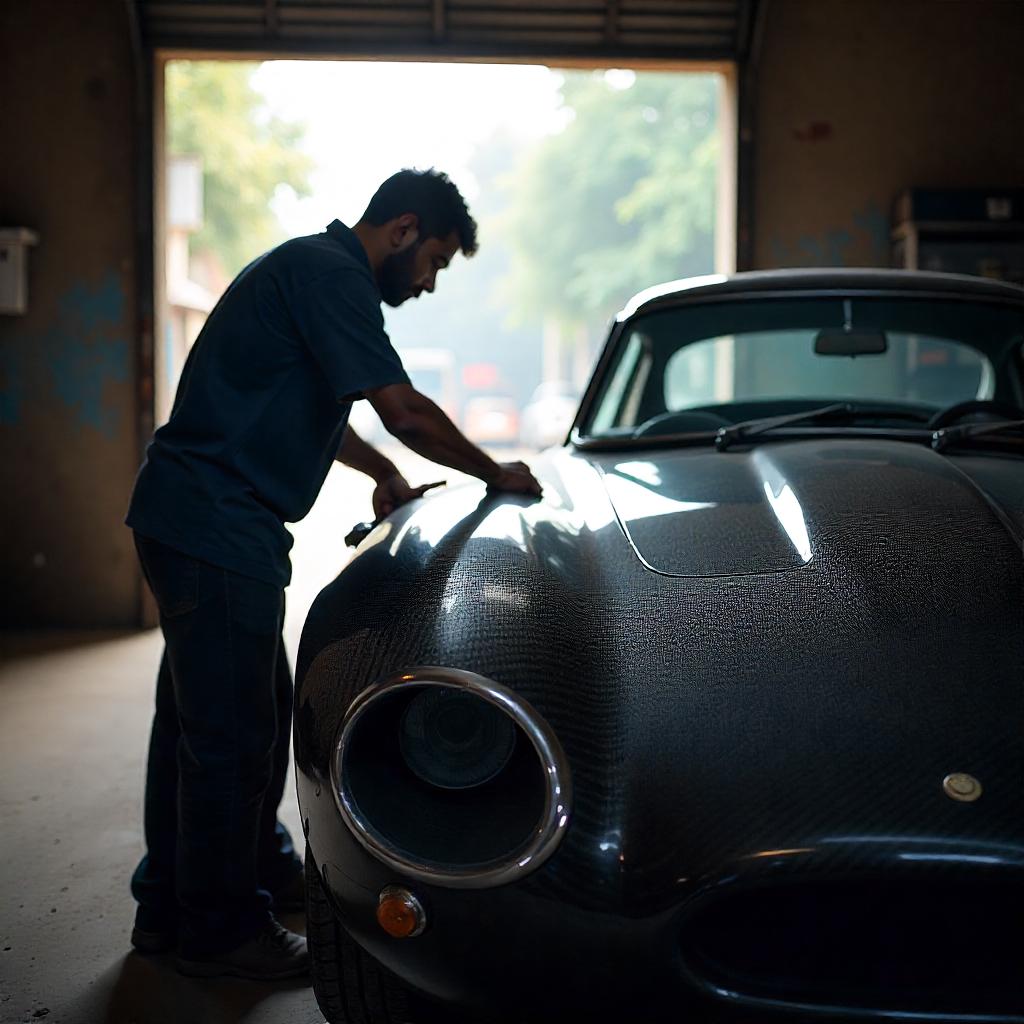
Common Installation Mistakes to Avoid
Maneuvering the domain of vehicle customization, enthusiasts often stumble upon common pitfalls that can mar the pristine allure of a carbon fiber car wrap.
One frequent error lies in neglecting thorough surface preparation, which is essential for the installation of both real carbon fiber and its realistic alternatives. Dust and debris can compromise the sleek finish.
Another misstep occurs at corners, where improper stretching can lead to unsightly wrinkles or bubbles, undermining the car wrap’s protective film.
Novices might underestimate the complexity of car wrapping an interior, often resulting in a lackluster appearance. Seeking the expertise of a professional shop can mitigate such issues, ensuring a flawless application.
Ultimately, patience and precision are key to a successful carbon fiber car wrap installation, preserving its aesthetic appeal.
How to Maintain a Carbon Fiber car wrap?
Maintaining a carbon fiber car wrap requires a combination of informed care and proactive measures to guarantee its longevity and visual appeal.
Industry experts recommend following best practices such as regular, gentle cleaning to prevent contaminants from embedding into the car wrap’s surface and using specialized products that address the unique needs of carbon fiber materials.
Additionally, safeguarding the car wrap from UV damage and scratches involves parking in shaded areas when possible and applying protective coatings designed to enhance resilience against environmental stressors.
Best Practices for car wrap Maintenance
To guarantee the longevity and visual appeal of a carbon fiber car wrap, one must diligently adhere to best practices for maintenance. This involves not only ensuring the dynamic look of the car wrap but also protecting the vehicle’s original paintwork.
Regular inspection for any damage, such as lifting around curves or edges, is essential. Immediate attention to these areas prevents further peeling and maintains the high-end aesthetic.
When considering car wrap removal, it should be done by professionals to avoid damaging the paintwork. The intricate weave pattern of the carbon fiber must be preserved, as it is central to the car wrap’s allure.
Cleaning Tips for Carbon Fiber car wraps
A crucial aspect of preserving the pristine condition of a carbon fiber car wrap involves meticulous cleaning practices. The unique texture of the vinyl requires gentle yet effective methods. Using a non-abrasive spray designed for car wraps guarantees easy removal of dirt without damaging the finish. Opt for a microfiber cloth to avoid scratch-inducing tack residues. Regular cleaning not only maintains the car wrap’s aesthetics but also extends the lifespan of the sticker-like material.
| Product Type | Purpose | Frequency |
|---|---|---|
| Vinyl-safe Spray | Removes dirt and grime | Weekly |
| Microfiber Cloth | Prevents scratches and residues | Every cleaning |
| pH-balanced Soap | Gentle cleaning agent | Bi-weekly or as needed |
For best results, avoid high-pressure washing, as it can lift the car wrap’s edges and compromise adhesion.
Preventing UV Damage and Scratches
While meticulous cleaning is integral to a carbon fiber car wrap’s longevity, protection against UV damage and scratches is equally paramount.
Black carbon fiber vinyl, whether applied to the whole vehicle or as a partial car wrap on the roof or hood, can be vulnerable to such damage. Utilizing high-tech coatings designed to prevent UV damage enhances the car wrap’s resilience. These coatings form a protective shield, preserving the car wrap’s rich appearance and extending its lifespan.
To guard against scratches, it’s advisable to park in shaded areas and use a microfiber cloth when cleaning. Trimming the edge of the car wrap properly guarantees a snug fit, minimizing exposure to elements.
Such preventive measures are crucial for maintaining the car wrap’s pristine condition over time.
How Long Does a Carbon Fiber car wrap Typically Last?
Understanding the lifespan of a carbon fiber car wrap involves exploring various factors that influence its durability, from environmental conditions to installation quality.
As time progresses, owners may notice signs indicating it’s time for a car wrap replacement, such as fading or peeling.
However, with proper care and maintenance, the longevity of a car wrap can be greatly extended, ensuring it remains a striking feature of the vehicle for years.
Factors Affecting car wrap Durability
A variety of factors can influence the longevity of a carbon fiber or chrome car wrap, each playing a critical role in determining its lifespan.
Full car wraps that include the interior sections can cost more upfront, yet they provide complete protection. Material quality matters—chrome and chameleon car wraps, while visually striking, might not last as long as those designed to be like the real deal.
Environmental exposure, such as prolonged UV rays or harsh weather conditions, can also affect durability. However, with proper care, these car wraps can last up to 5 years.
Maintaining them is pretty easy and adds a unique flair to vehicles, differentiating them from others on the road. Ultimately, a well-executed car wrap can offer both aesthetic and protective benefits.
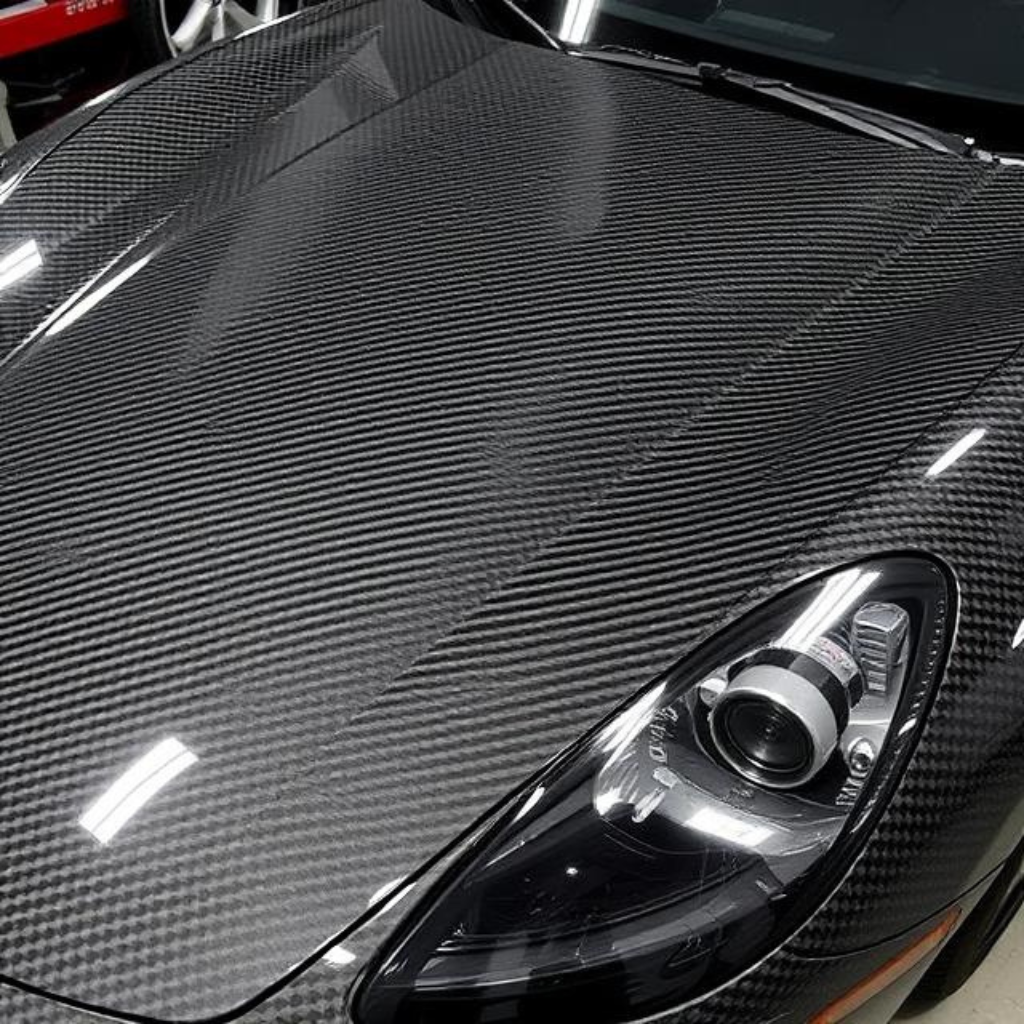
Signs It’s Time for car wrap Replacement
Beyond the factors affecting the durability of a carbon fiber car wrap, recognizing the signs that indicate it’s time for a replacement is equally important.
Fading colors, once vibrant, may appear dull or discolored, signaling the degradation of the car wrap’s protective finish due to UV exposure.
Peeling edges and bubbling are more than cosmetic concerns; they compromise the car wrap’s integrity, allowing moisture and dirt to infiltrate, which could potentially damage the underlying paint.
Cracks or tears in high-impact areas, often caused by physical wear and tear, are clear indicators that the car wrap’s protective capabilities are waning.
Additionally, persistent stains or adhesive failures that resist cleaning efforts suggest the car wrap has surpassed its effective lifespan, warranting a timely replacement to maintain aesthetic appeal and protection.
Extending the Lifespan of Your car wrap
When it comes to prolonging the life of a carbon fiber car wrap, meticulous care and informed maintenance practices play a pivotal role. By sheltering the vehicle from harsh environmental elements, such as intense sunlight, acid rain, and road salt, owners can mitigate premature wear.
Routine cleaning using a pH-balanced, non-abrasive solution prevents surface damage and maintains the car wrap’s visual appeal. It’s crucial to avoid automated car washes, as their harsh brushes can compromise the car wrap’s integrity.
Regular inspections for signs of lifting or bubbling, coupled with prompt repairs, are essential. Whether you choose a carbon fiber or brushed metal wrap, professional installation and adherence to manufacturer guidelines further extend the car wrap’s lifespan.
Industry experts emphasize the synergy between care and quality materials, ensuring the car wrap remains vibrant and intact for years.
What are the Costs Involved in Carbon Fiber car wrapping?
When considering the costs of carbon fiber car wrapping, enthusiasts and professionals alike find that understanding car wrap costs is essential for effective budgeting.
Comparing the expenses of vinyl car wrap versus traditional painting reveals that car wrapping can be a cost-efficient alternative, offering both aesthetic appeal and protection.
For those seeking budget-friendly options, selecting the right material and installer can greatly impact the overall investment, ensuring quality without breaking the bank.
Understanding car wrap Costs
Maneuvering the landscape of carbon fiber car wrapping demands a clear understanding of the costs involved, which can vary widely based on multiple factors.
Primarily, the vehicle’s size and the car wrap’s complexity markedly influence pricing. A compact car may incur a lower cost than an SUV or a luxury vehicle due to surface area differences.
Additionally, labor charges vary by region and the expertise of the installer, with seasoned professionals commanding premium fees.
Material quality also plays a vital role; top-tier car wraps offer greater durability and visual appeal but come at a higher price.
Customization options, such as unique finishes or designs, further impact expenses. Fundamentally, a balance between budget, aesthetic desires, and durability dictates the final cost.
Comparing Vinyl car wrap vs. Painting
Steering through the financial aspects of carbon fiber car wrapping naturally leads to a comparison between vinyl car wraps and traditional painting methods.
Vinyl car wraps offer a cost-effective solution in India, typically ranging from ₹50,000 to ₹1,50,000 for a full vehicle car wrap, depending on the quality of the material and the size of the vehicle. In contrast, a professional paint job can cost anywhere between ₹70,000 and ₹2,50,000 or more, influenced by the type of paint used and the complexity of the design.
Vinyl car wraps provide the added advantage of easier removal and less downtime, as they can be applied in a matter of days. Additionally, car wraps can protect the original paintwork, adding resale value.
Consequently, car wrapping emerges as a versatile and financially prudent option in automotive customization.
Budget-Friendly car wrap Options
For many car enthusiasts and budget-conscious drivers alike, finding affordable carbon fiber car wrap options can be a pivotal step in personalizing their vehicles without overspending.
Typically, the cost of a carbon fiber car wrap in India depends on factors such as material quality, vehicle size, and professional installation. Standard vinyl car wraps offer a cost-effective solution, with prices ranging from ₹40,000 to ₹1,20,000 for a full vehicle car wrap.
However, opting for high-grade vinyl that closely mimics genuine carbon fiber may increase the cost slightly. DIY enthusiasts can further reduce expenses by purchasing car wrap kits starting at around ₹10,000, though careful application is required to avoid bubbles and creases.
In the industry, some suppliers offer discounts during off-peak seasons, making it possible to achieve that sleek, carbon fiber look without breaking the bank.
Conclusion
To summarize, the longevity of a carbon fiber car wrap hinges on numerous factors, including installation quality, environmental exposure, and diligent maintenance. Typically, these car wraps last between 3 to 7 years, offering both aesthetic enhancement and protective benefits. With proper care—such as regular cleaning, UV protection, and monitoring for wear—owners can maximize their car wrap’s lifespan, achieving up to 5 years of ideal performance. Ultimately, a carbon fiber car wrap represents a savvy investment in vehicle aesthetics and preservation.



